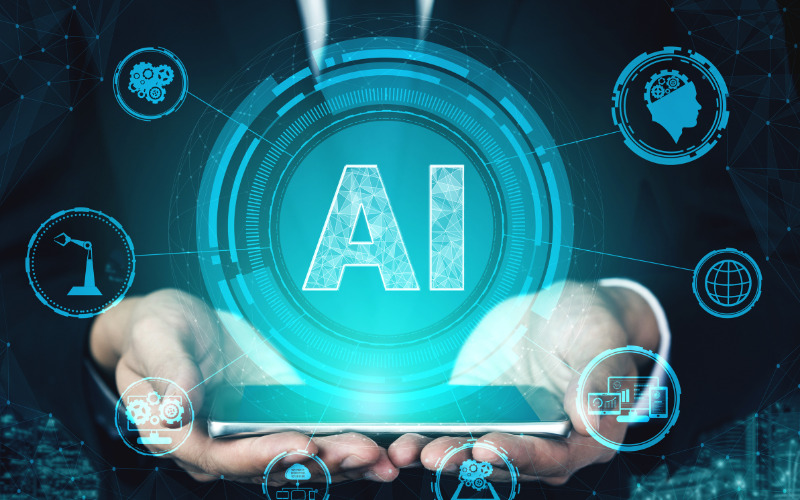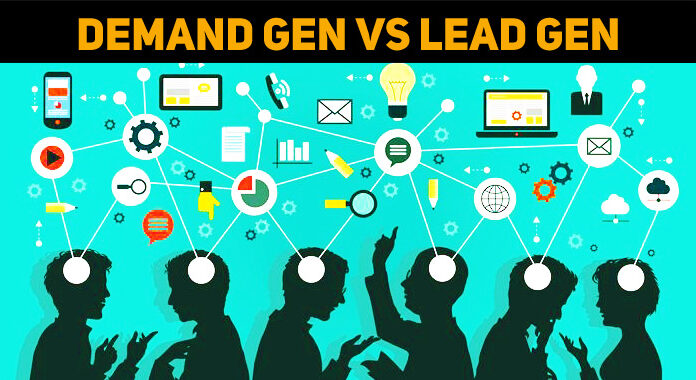In the quest to unravel the complexities of human health and genetic makeup, these breakouts have harnessed AI computational prowess to decode vast genomic datasets, predict disease and risk factors, and design personalized therapeutic inventions. AI with predictive analytics directed us to a new era of disease prevention, helping to take the desired precaution based on the individual lifestyle. Precision medicine, empowered by AI, tailors treatment strategies to the unique genetic characteristics of each patient, optimizing therapeutic outcomes and minimizing adverse effects. The Fusion of AI with genomics has exponentially accelerated genomic sequence, propelling research into infectious disease and identifying genetic variation underlying various health conditions. By harnessing the immense potential of AI to decode genetic information, predict disease trajectories, and personalize treatments, these breakthroughs serve as beacons of hope for a healthier, more resilient future.
1. Predictive Disease Prevention
Ai-driven predictive analysis is reshaping prevention strategies. Analyzing extensive data sets encloses medical records, genetic information, and lifestyle factors. Machine learning algorithms can identify subtle patterns and trends with risk factors. AI-powered predictive models empower individuals and healthcare providers to make informed decisions and take preemptive measures to maintain well-being.
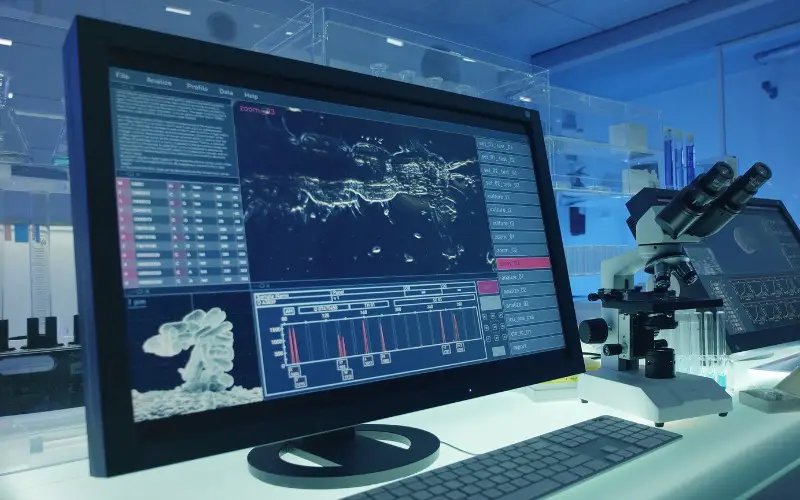
2. Genomic Sequencing Acceleration
Using AI and genomics has propelled the pace of genomic sequence to unpredictable heights. The Indian SARS-CoV-2 Genomics Consortium (INSACOG) has harnessed AI to decode over 250,000 SARS-CoV-2 genomes. These massive datasets aid in tracking virus variants, understanding their behaviour, and creating targeted strategies. The synergy between AI algorithms and genomic sequencing expedites data analysis, leading to faster identification of potential threats and more effective public health responses.
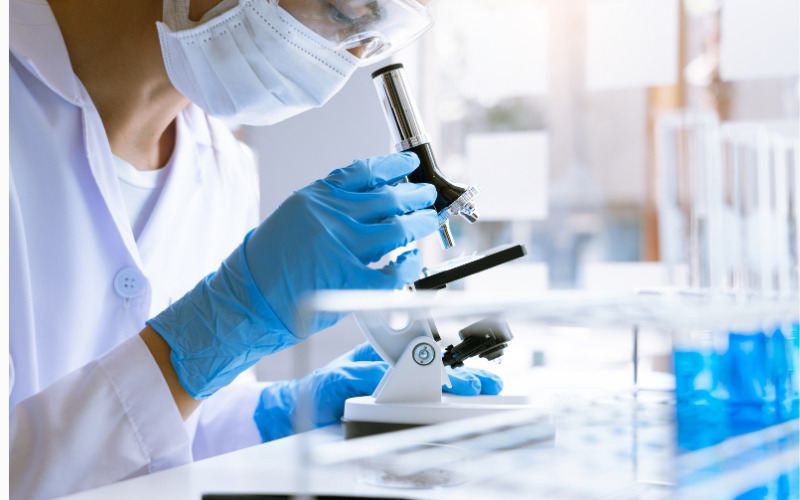
3. Precision Medicine
AI’s role in precision medicine is pivotal in analyzing individual genetic profiles, medical history, and lifestyle data. Ai algorithm assists doctors in preparing a treatment plan for the patient with unparallel accuracy. Precision medicine guided by AI not only revolutionizes patient care but also opens avenues for developing targeted therapies that address the unique characteristics of each patient.

4. Drug Discovery And Development
AI-powered drug discovery is transforming the pharmaceutical landscape. Machine learning models analyze vast chemical databases, predict drug interaction, and simulate molecular structures to identify the potential candidate. By expediting lead optimization and toxicity prediction, AI revolutionizes how new drugs are identified, designed, and brought to market.
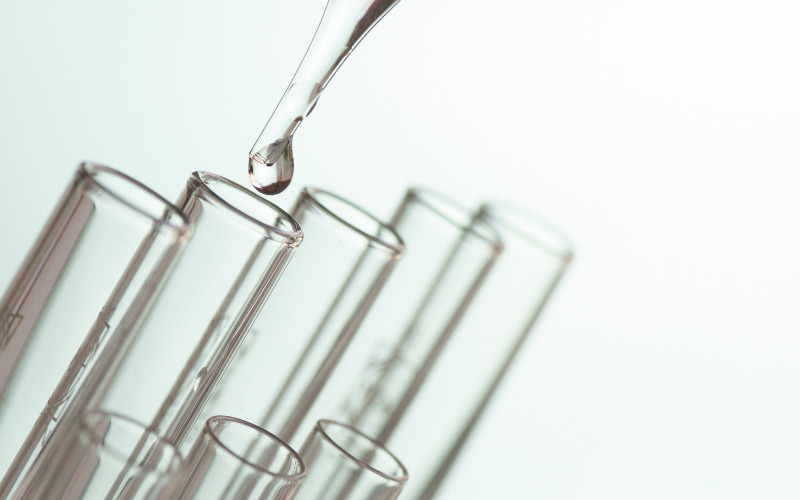
5. Genome Editing Advancements
AI contributes to refining genome editing techniques like CRISPR-Cas9. Machine learning algorithm optimizes the design and delivery of genome editing components, enhancing the precision and accuracy of genetic modifications. This synergy enables scientists to target genetic changes. You are minimizing unintended alterations and maximizing the potential for therapeutic applications.

6. AI-powered Diagnostics
AI prowess in images in image analysis fuels enhanced diagnostic accuracy. Machine learning algorithms are interested in medical pictures, such as X-rays, and CT scans, detecting subtle anomalies that might elude human observation. Rapid and accurate image analysis aids in early disease detection and timely intervention. AI-driven diagnostics revolutionize the speed and reliability of medical imaging, empowering clinicians with more comprehensive insights.
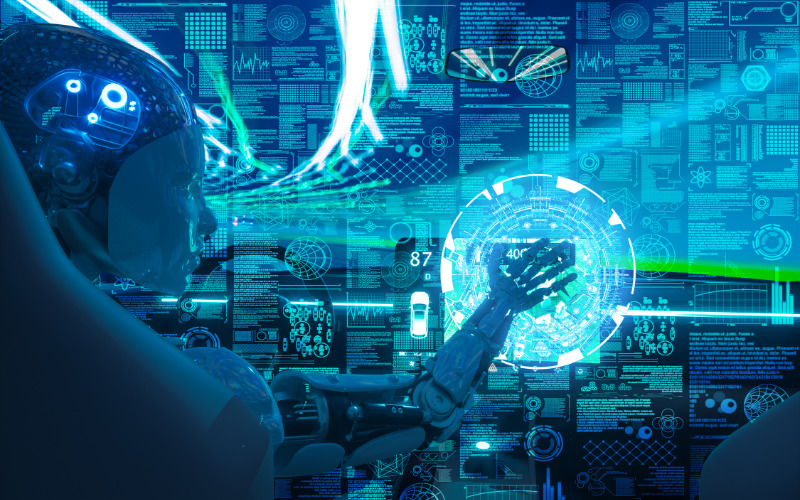
7. Bioinformatics Advancements
The fusion of AI and bioinformatics extends the boundaries o biological data analysis. AI also efficiently handles a vast amount of data and complex data sets. This synergy allows researchers and clinicians to uncover meaningful insights and novel biomarkers and decode biological pathways. AI-driven bioinformatics expedites scientific discovery, enhancing our understanding of diseases and paving the way for innovative diagnostic and therapeutic strategies.
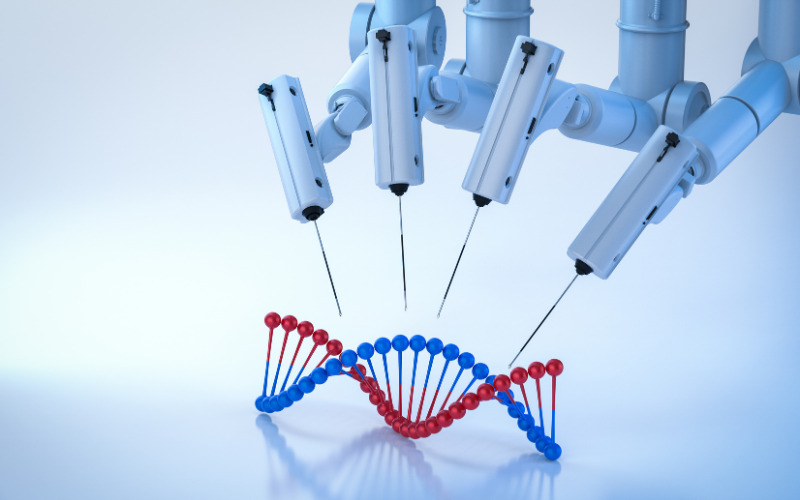
8. Personalized Vaccines
Ai’s predictive capabilities drive the development of personalized c=vaccine for every patient depending on their medical history and lifestyle. By analyzing an individual’s genetic profile, ai algo optimize vaccine to provoke robust immune system response genetic markers. AI-enabled personalized vaccines represent a groundbreaking shift from one-size-fits-all immunization to tailored preventive strategies.
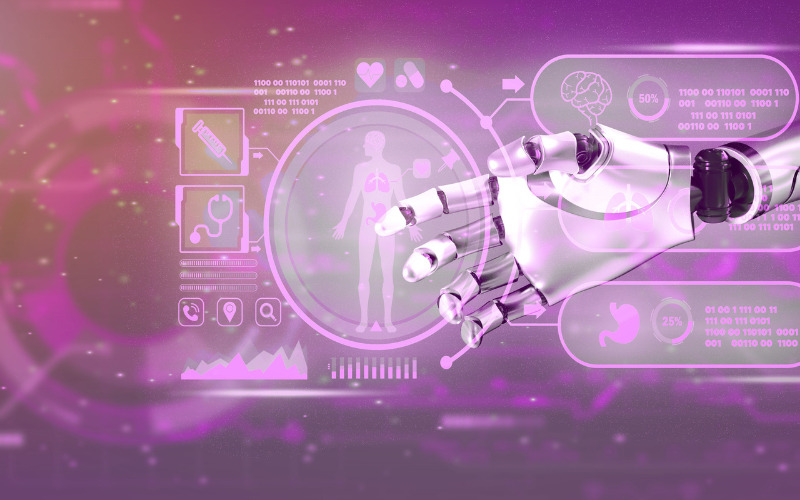
9. AI In Clinical Trials
AI integration in clinical trials optimizes stages of drug development. Machine learning also model aid in participants’ selection for drug trials, predict patient responses and identify potential adverse effects. Analyzing diverse data sources, including genomics and electronic health reocrds.AI, enhances trial design and execution, accelerating the drug development timeline and increasing the chances of successful outcomes.
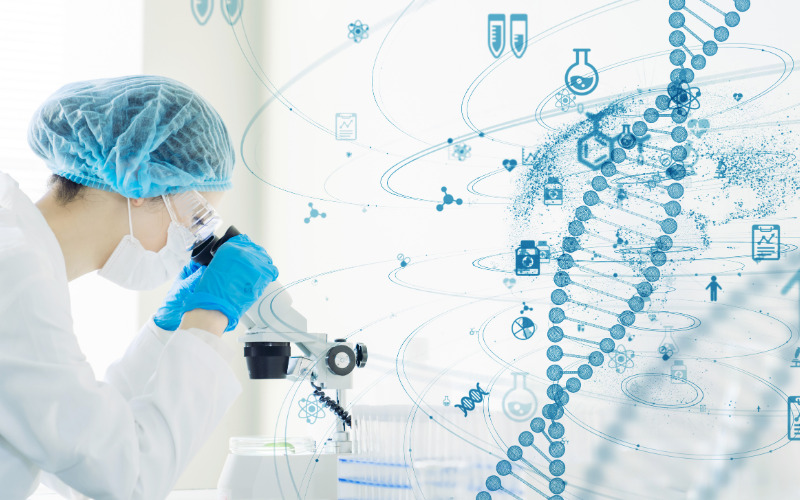
10. AI-enabled Point-of-Care Diagnostics
Ai-powered portable diagnostic devices accessible via smartphones and tablets enable rapid disease detection at the point of care. This device analyzes biological samples and provides real-time health insights. Particularly valuable in reuse-limited and remote areas, Ai enables Point-of-Care diagnostics to empower healthcare workers to identify diseases promptly. This innovation bridges healthcare gaps, making quality diagnostics accessible to underserved populations.
